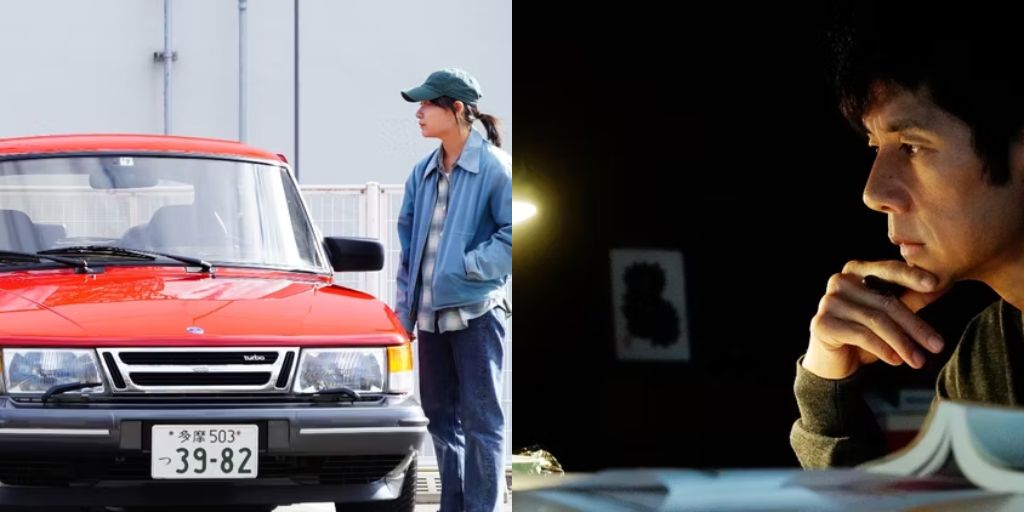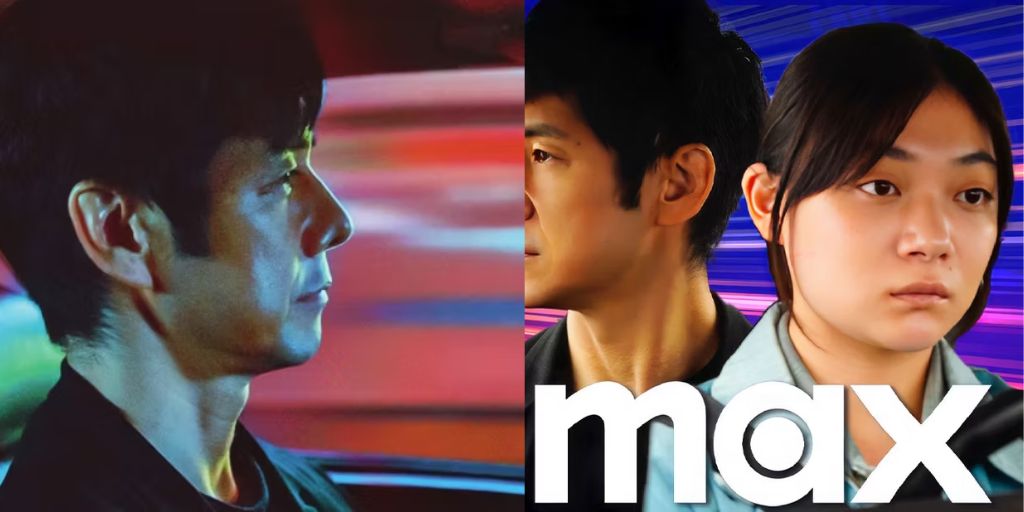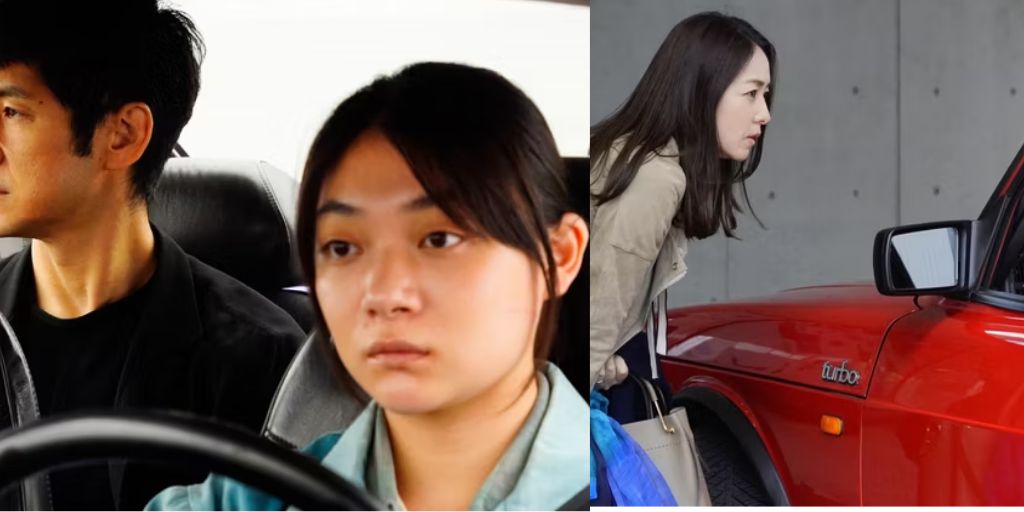If you look at any list of the best films from 2021 or even from the 2020s, you will almost certainly find “Drive My Car” among the top picks. This film, directed by Ryusuke Hamaguchi, is not just another movie; it’s a real piece of art.
It tells the story of an actor and playwright dealing with deep grief. Even though watching a three-hour film about life and death might seem like a lot, “Drive My Car” is both honest and simple.
This makes its deep themes accessible to everyone. Anyone watching the film will feel something and be inspired to think about their own life.
Ryusuke Hamaguchi’s View of Grief in ‘Drive My Car’
Ryusuke Hamaguchi is a Japanese writer and director who first became known internationally for his films “Happy Hour” and “Asako I & II.”
His films have a unique way of showing human emotions without any pretension. “Drive My Car” is a powerful example of his work.
It tells the story of a famous stage actor and director who is struggling with the death of his wife while working on a production of Anton Chekhov’s play “Uncle Vanya” in Hiroshima. The film received significant recognition at the 94th Academy Awards.
It was nominated for four Oscars, including Best Picture (making it the first Japanese film to be nominated in this category), Best Director, and Best International Feature (which it won). This recognition shows that the Academy is working to broaden its range of films and voices.
The main character, Yusuke Kafuku, is portrayed by Hidetoshi Nishijima. Yusuke is an artist living in Tokyo whose creativity is guided by his emotions. After being intimate with his wife, Oto (played by Reika Kirishima), Yusuke’s mind is filled with new ideas.
However, tragedy strikes when Oto suddenly dies from a brain hemorrhage. This leaves Yusuke in a state of deep grief. He becomes lost and starts driving aimlessly. In a striking move, Hamaguchi introduces the opening credits 40 minutes into the film, signaling that Yusuke’s journey is just beginning.
Moving to Hiroshima, Yusuke takes a job directing a multilingual version of “Uncle Vanya.” His contract requires that he be driven in his own car by a chauffeur, Misaki Watari (played by Toko Miura). During these car rides in his red Saab, Yusuke learns his lines by listening to tapes of Oto reading “Uncle Vanya.”
Ryusuke Hamaguchi’s Mastery of Slow-Burn Drama in ‘Drive My Car’
Ryusuke Hamaguchi is known for his long, slow-paced dramas. For instance, “Happy Hour” runs for more than five hours.
“Drive My Car” is another example of his skill in handling sensitive topics and human growth. Some Western viewers may wrongly believe that international films are dull and not for them.
However, those who watch “Drive My Car” will discover a deeply moving and poetic view of dealing with intense loss.

Even though the film’s plot—a reserved playwright working on a Chekhov play without a clear ending—might seem complex, Hamaguchi tells it with genuine emotion. The intricate feelings that Yusuke experiences are universal and relatable to people from any culture.
“Drive My Car” is a prime example of slow-burn cinema, a genre that can sometimes fall into predictable patterns. However, Hamaguchi’s confident direction allows the film’s lengthy runtime to reveal new aspects of Yusuke’s character throughout the “Uncle Vanya” production.
The film’s deliberate pacing draws viewers into Yusuke’s perspective, where his surroundings become a stage for showing his personal struggles. His life and his art are shown as interacting elements that both reflect and challenge each other.
‘Drive My Car’ Highlights Simple Yet Poetic Storytelling
When talking about a powerful film like “Drive My Car,” it is tempting to use grand language. Yet, it’s important to appreciate the film’s simple and beautiful approach. The story involves everyday tasks like making appointments, driving to work, and preparing for a play.
It presents these routine aspects of life in a thoughtful and reflective way. The relationship between Yusuke and his driver, Misaki, develops naturally during their time together in the car. As they spend time in the confined space of the car, they share deep secrets and Misaki helps Yusuke step out of his emotional shell.
Hamaguchi’s storytelling is clear and effective, showing that empathy is crucial in going through life’s difficulties. The film uses the metaphor of Misaki driving Yusuke to symbolize his need for guidance in his repetitive life.
Losing a loved one can be so overwhelming that it’s hard to see reality clearly. For Yusuke, the sudden death of Oto makes life feel like an unsolvable puzzle. This is why the multilingual production of “Uncle Vanya,” which includes Japanese, English, Mandarin, and Korean Sign Language, fits his state of mind.

The film’s view of life and grief through different languages reflects Yusuke’s struggle to understand his sorrow. “Drive My Car” is not just a raw portrayal of grief; it is also a testament to the power of art to express and process deep emotions.
Ryusuke Hamaguchi’s film is essential viewing, providing a poetic insight into the act of mourning and the value of artistic expression. “Drive My Car,” directed by Ryusuke Hamaguchi, is a profound film about a grief-stricken actor and playwright dealing with his wife’s death while directing “Uncle Vanya” in Hiroshima.
Known for its slow-burn storytelling and emotional depth, it shows universal themes of loss and healing through art and personal reflection. “Drive My Car” is available to watch on Max in the U.S.




